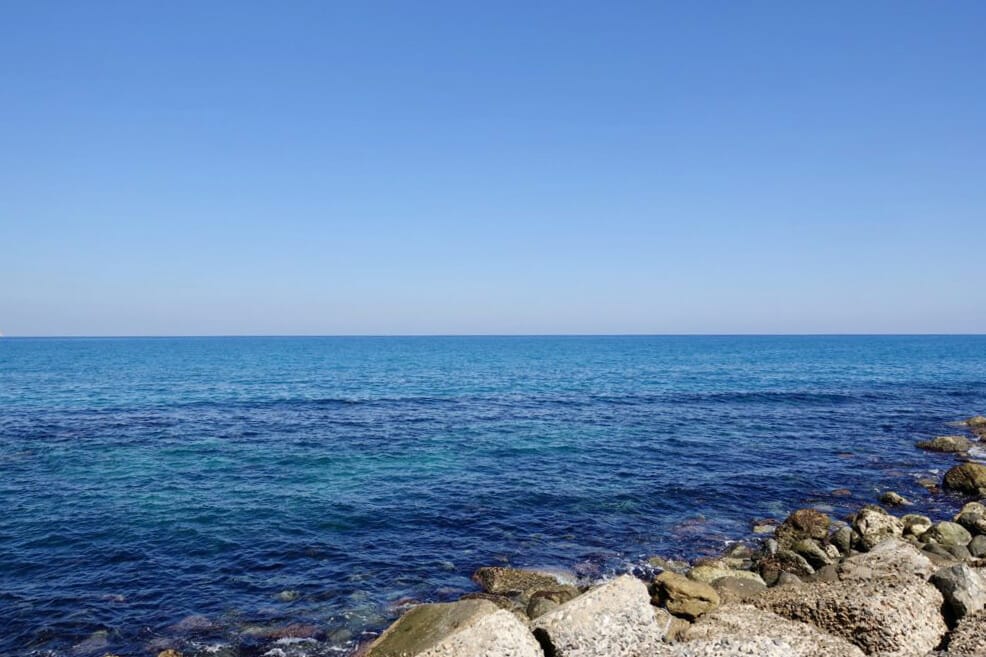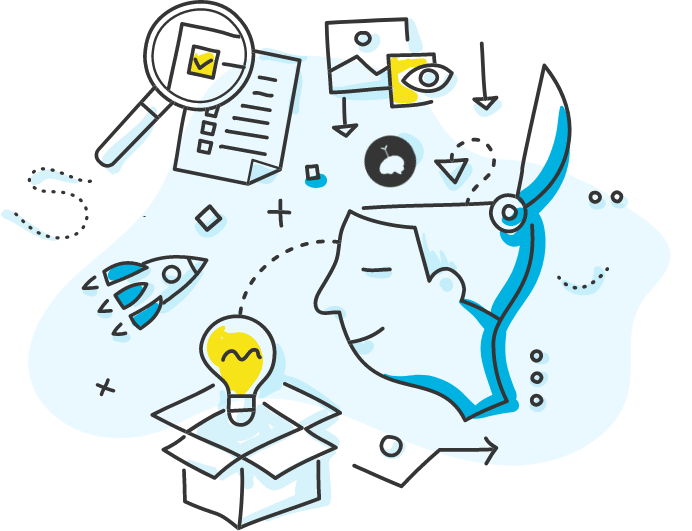Estimated Reading Time:1 minute, 26s.
Podcast Length 28 minutes, 45s (link to play podcast at the bottom of post).

We’ve spent the last few episodes of the podcast talking about calm—and how it can seem so elusive right now. All it takes is a quick glance at the news or social media to feel the onslaught of panic and anxiety.
There’s not always an obvious way to set aside our restless feelings and attain a sense of calm, especially when many of our normal coping mechanisms are off the table. I wanted to get another take, and was joined on the podcast by an expert on the topic: Henry Emmons, a clinical psychiatrist and the author of The Chemistry of Calm.
I was curious about how Henry views the relationship between calm and anxiety, especially at a time when the world is collectively so far down the “anxiety” end of the spectrum.
Interestingly, Henry considers calm to be our natural state. At the same time, he acknowledges it’s absolutely normal to be experiencing some level of stress or anxiety right now. At its core, the coronavirus crisis is a survival threat, and being alert and on guard is what we’re biologically programmed to do.
We’ve spoken a lot on this podcast about the tactics you can take to find calm, including active relaxation, stepping away from the digital world and into the analog one, and creating a gratitude list.
As Henry shared, flexibility is another trait he’s seen help people get through these recent lifestyle changes and attain a sense of calm. Flexibility and an openness to adapt can be a secret weapon against fear and anxiety—whether we’re dealing with a global pandemic or a stressful situation in the office. It’s what allows us to accept what is happening in the world around us, internalize and process that reality, and use it to guide life decisions.
This sense of flexibility doesn’t only apply to the external world—it also affects our inner mindset, too.
It offers us the ability to treat ourselves with kindness and be flexible with the expectations we place on ourselves, especially in the context of our current crisis. This self-acceptance and kindness can help us push back against the expectation that we should be working at 100% productivity, capable of balancing homeschooling with team video calls, or baking the perfect loaf of sourdough bread.
Henry sees rigidity as the enemy of joy and calm. Being kind to ourselves doesn’t mean settling for mediocrity and stasis. Instead, it grounds us in a mindset where we accept where we are, what our current limitations may be, and how we can realistically move forward.
The Chemistry of Calm looks at how we can use a whole host of tactics to reduce anxiety. Here are a few of the other topics our conversation touched on:
- Meditation as a universal self-care practice. While it takes a bit of work to get started, a meditation ritual can help us respond to stressful situations effectively and with a sense of calm.
- See this time as a personal retreat. This pandemic is a break from life as usual and, for those of us who are fortunate to be able to do so, we can view this as a chance to slow down and reconnect with our loved ones and the world around us.
- We’ve got a lot to learn from nature. All other plant and animal species take the time to rest, regroup, and rebound—the opposite of our productivity mindset. Slowing down can be a good thing.
A big thanks to Henry for joining me on the show. He shared so many more interesting tidbits, and they’re really useful in changing the way we think about calm and anxiety, especially at a time like this. Enjoy our conversation and take care of yourself!




